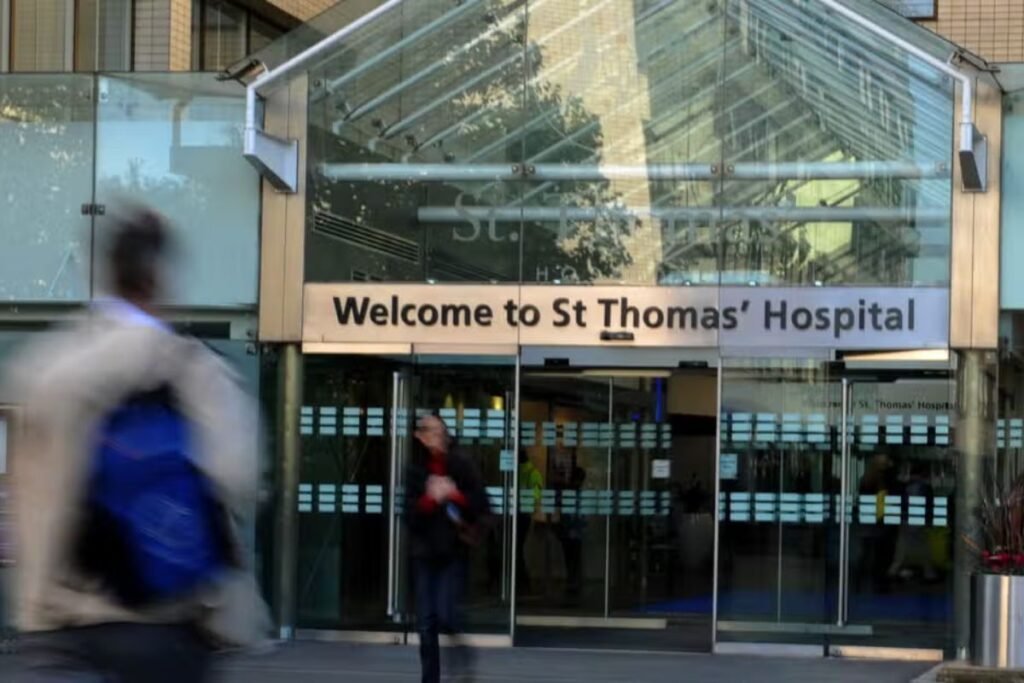(Source-www.standard.co_.uk)
More than 10,000 appointments have been canceled at two of London’s major NHS trusts following a NHS cyber attack that took place earlier this summer. The ransomware attack, which targeted pathology services provider Synnovis, has caused significant disruptions, particularly at King’s College Hospital NHS Foundation Trust and Guy’s and St Thomas’ NHS Foundation Trust.
The attack, carried out by the Russian cyber gang Qilin on June 3, has led to widespread cancellations and delays in patient care. According to the latest figures from NHS England London, an additional 578 acute outpatient appointments and 20 elective procedures were postponed between July 29 and August 4. This brings the total number of affected appointments to 10,001 acute outpatient appointments and 1,680 elective procedures across the two trusts.
Ongoing Recovery Efforts
In response to the attack, NHS cyber attack England London has been working to restore services. More than 60 IT systems used in laboratories have been rebuilt or are in the process of being rebuilt, gradually increasing the capacity to deliver essential medical services.
Synnovis, the pathology services provider at the heart of the attack, is expected to take over pathology services for primary and community care in southeast London this month, pending successful testing. Full restoration of blood transfusion services is anticipated by early autumn, marking a significant step in the recovery process.
Dr. Jane Fryer, Deputy Medical Director for NHS cyber attack London, provided an update on the ongoing recovery efforts. “Synnovis’ steady rebuild of its core systems remains on track, with the upcoming move of GP services back to Synnovis a significant milestone,” she stated. However, Dr. Fryer also acknowledged the ongoing challenges, noting, “With this incident now running for more than two months, we are very conscious of the continued impact on some of our patients whose appointments are not able to go ahead as planned.”
Impact on Blood Supplies
The cyber attack has also had a ripple effect on the nation’s blood supply. In July, NHS cyber attack Blood and Transplant (NHSBT) issued an amber alert for the second time in history, warning that national stocks of O-negative and O-positive blood had fallen to dangerously low levels. The cyber attack exacerbated the situation, leading to a 94% increase in demand for O-negative blood compared to the same period last year.
Mark Croucher, Assistant Director of Donor Experience at NHSBT, praised the public’s response to the appeal for blood donations. “We’ve seen an amazing response to our appeal after announcing an amber alert two weeks ago,” Croucher said. “We are incredibly thankful to our donors for their support, and we need people to keep booking appointments in the coming weeks and months.”
Croucher emphasized the importance of continued donations, highlighting that there are around 50,000 appointments available each week. “While we have seen an increase in fill rates over the past week, we do see a sharp drop in the coming weeks, so we’d urge you to please book ahead,” he urged.
Looking Forward
As the NHS cyber attack continues to recover from the cyber attack, the focus remains on restoring full services and minimizing the impact on patients. With most services now operating at near-normal levels, patients with scheduled appointments are encouraged to attend unless they have been notified otherwise. The ongoing efforts of NHS staff and the support of the public through blood donations are crucial in navigating this challenging period.









